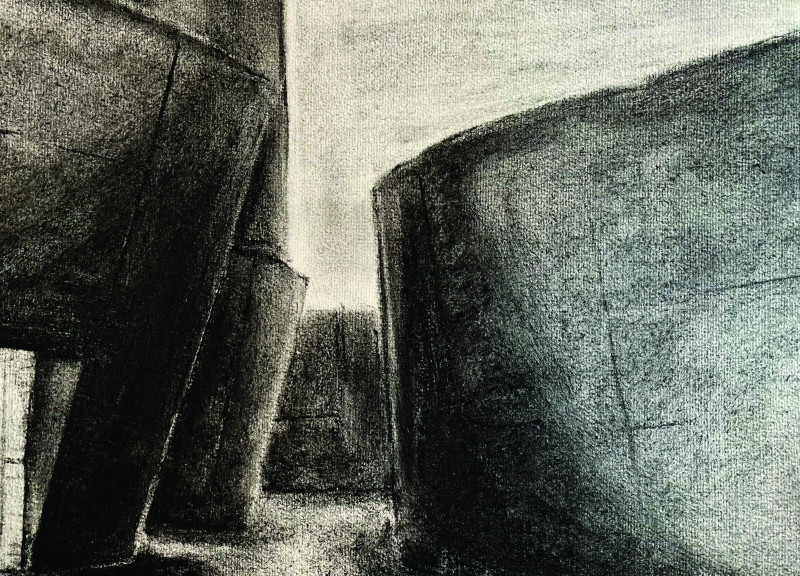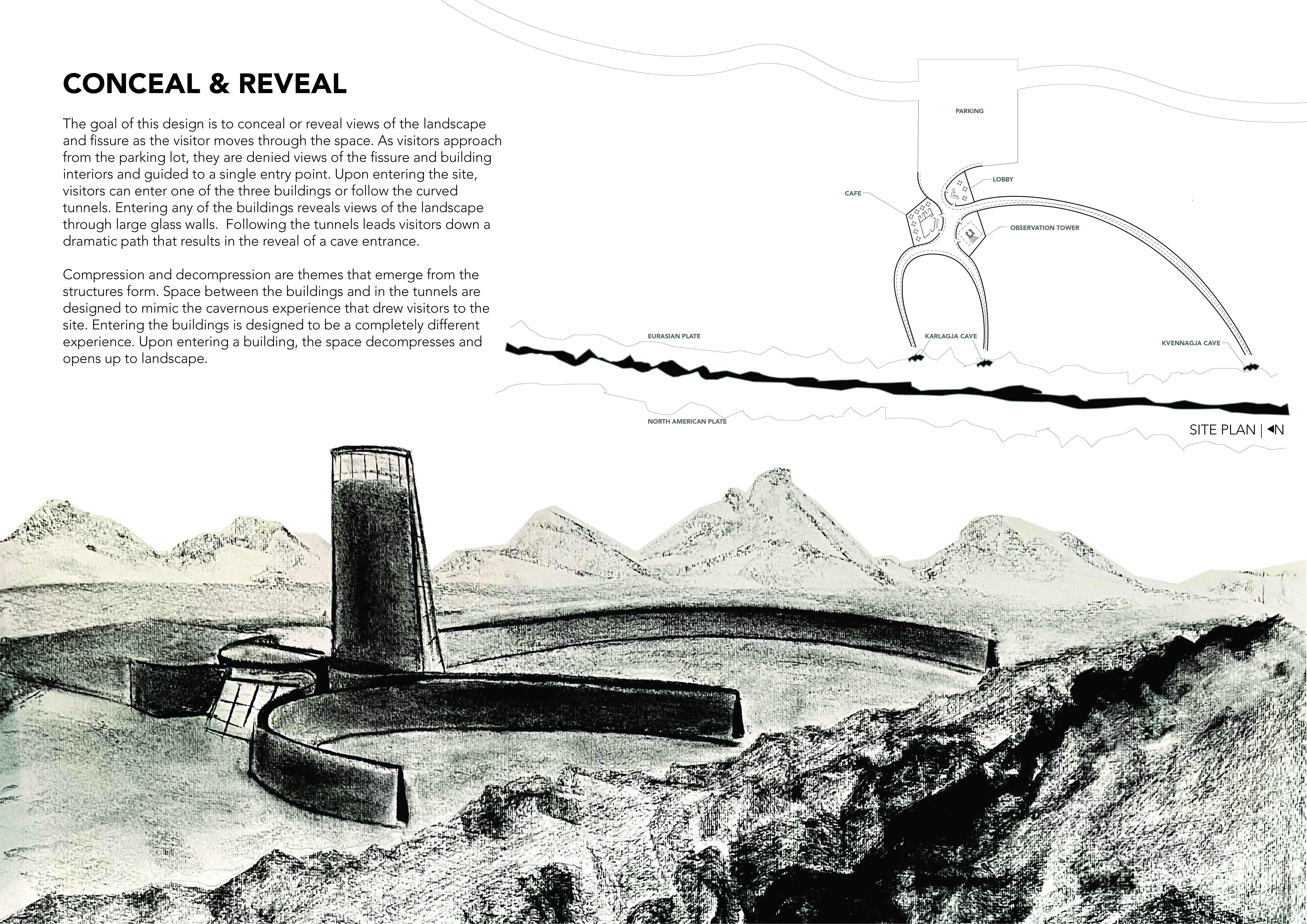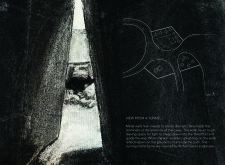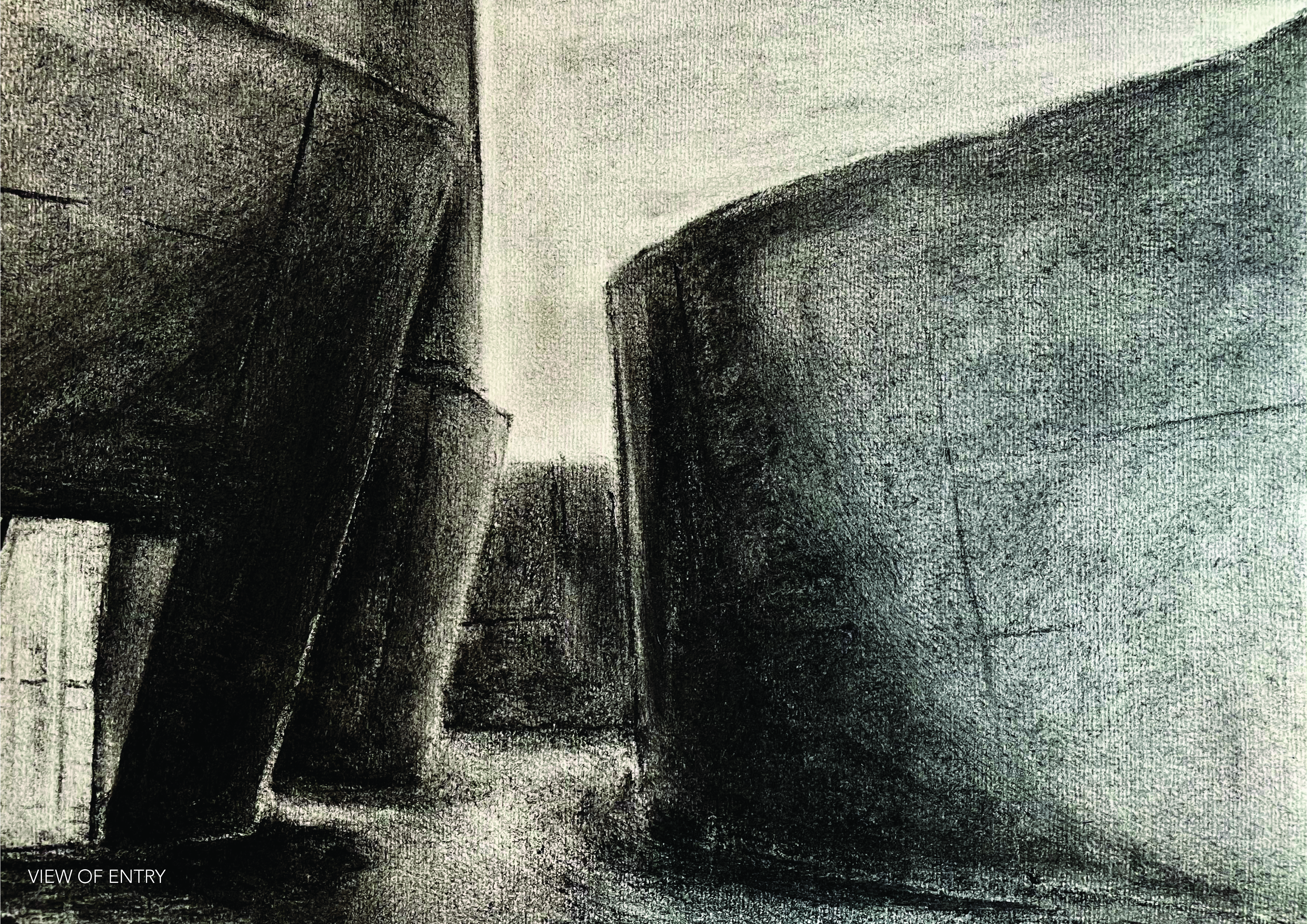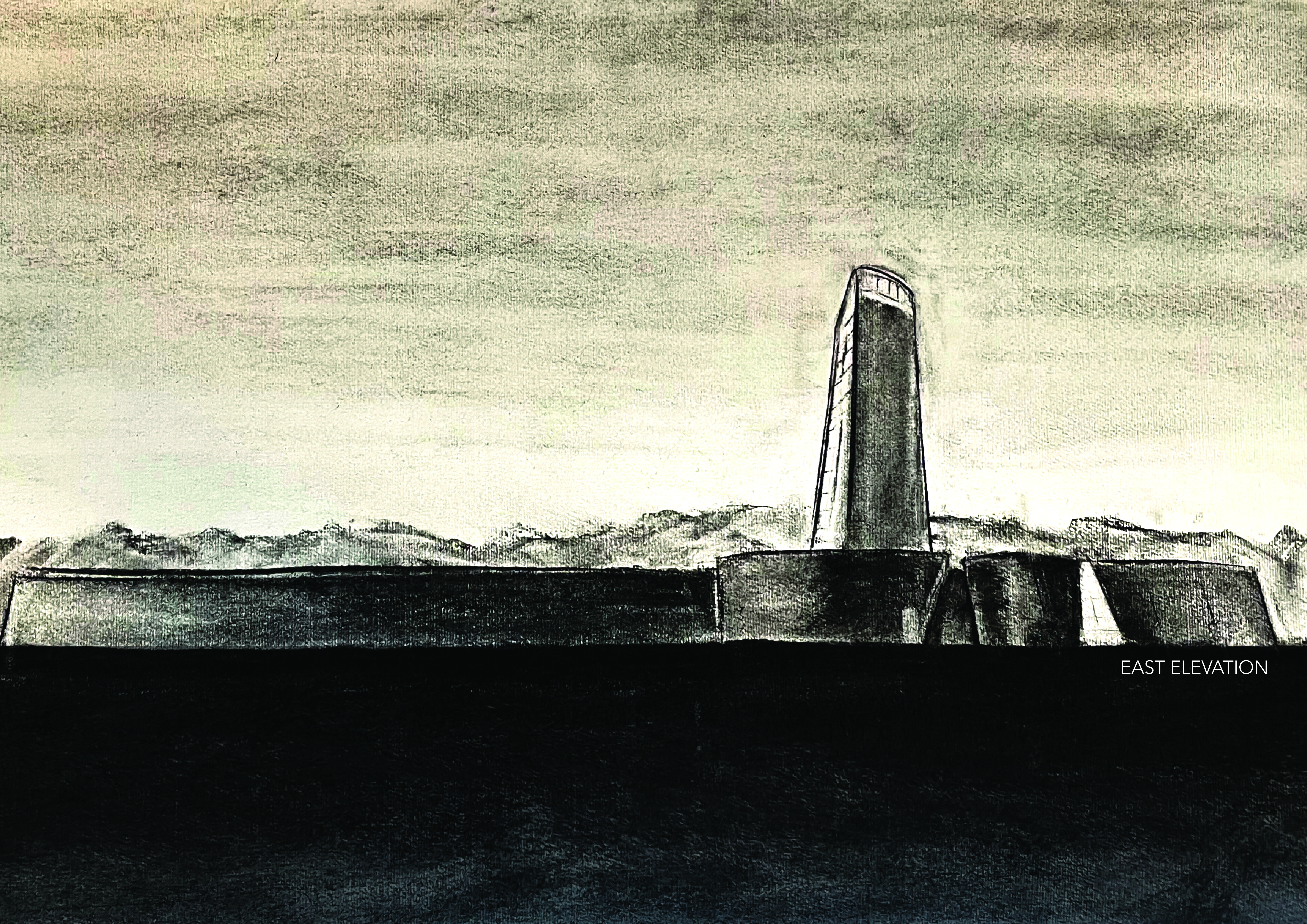5 key facts about this project
The architectural design project analyzed herein is located in [Geographical Location], characterized by its contextual engagement and environmental sensitivity. The building is conceived as a multipurpose space intended for [state the primary function, e.g., community activities, educational purposes]. It serves as a hub for interaction, emphasizing functionality while responding to its surroundings.
The project represents a modern architectural approach that prioritizes user experience and sustainability. The design seeks to establish a dialogue with the landscape, integrating natural elements into the built environment. This is achieved through strategic positioning and the use of durable, eco-friendly materials aimed at minimizing environmental impact.
Sustainability as a Core Principle
This project distinguishes itself through its commitment to sustainability. Unlike conventional designs, it incorporates a variety of green technologies, such as a green roof, rainwater harvesting systems, and solar panels. These features collectively reduce energy consumption and promote ecological responsibility. The orientation of the building maximizes natural light and promotes ventilation through strategically placed windows and openings, minimizing reliance on artificial lighting and climate control systems.
The choice of materials further enhances the project’s sustainability profile. The combination of reinforced concrete, glass, steel, wood, and brick not only provides structural integrity but also allows for aesthetic flexibility. Wood elements contribute warmth to the interior, while the glass facades facilitate a seamless connection between inside and outside spaces. The selection of materials has been informed by local availability and the desire to reflect the cultural characteristics of the area.
Integration of Social Spaces
The design also prioritizes community interaction through the thoughtful organization of social spaces. Central to the layout is a communal area that serves as a focal point for gatherings. This space is surrounded by multifunctional rooms designed to accommodate events, workshops, and educational activities. The integration of outdoor spaces, such as courtyards and landscaped areas, further enhances opportunities for social engagement.
Distinctive architectural features, such as cantilevered roofs and expansive glass walls, create visual interest while maximizing functionality. These elements are not only aesthetically pleasing but also facilitate diverse activities and gatherings. The careful attention to spatial flow ensures that pathways encourage movement and interaction among users.
Explore Further
To gain deeper insights into this architectural design project, consider reviewing the architectural plans, architectural sections, and other architectural designs that illustrate its thoughtful construction and functional layout. The project’s innovative approach blends modernity with local context, making it an exemplary model of contemporary architecture. Further exploration will reveal how these architectural ideas come together to create a cohesive and purposeful environment.


